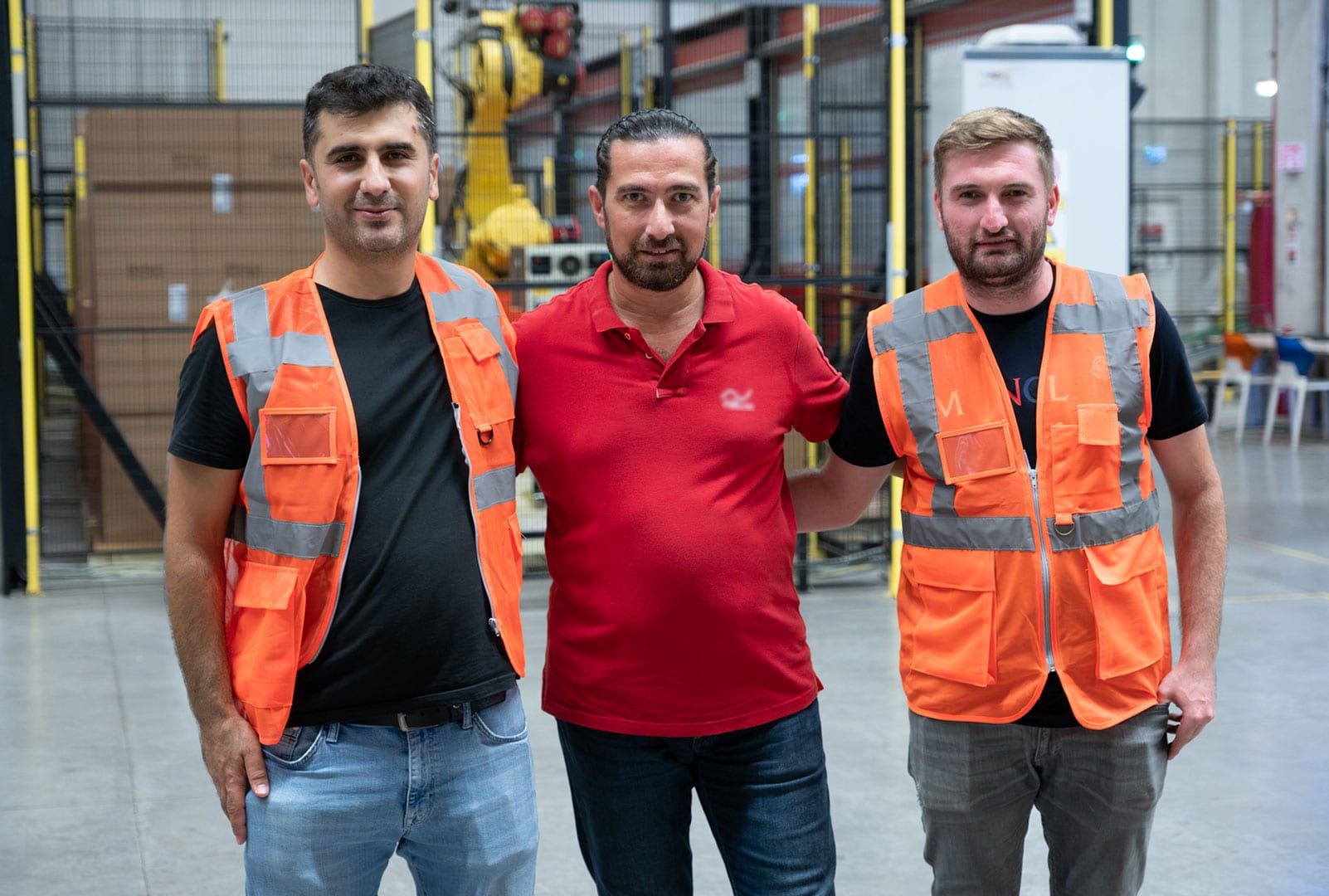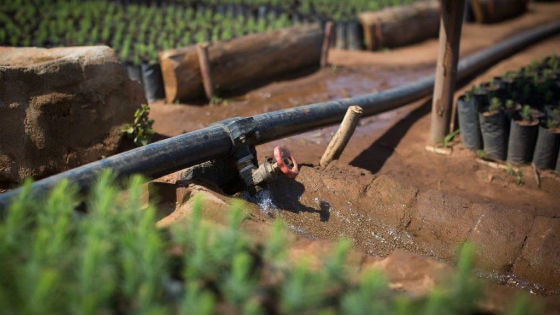Some challenges can appear to be too great—just one of those things you have to accept before moving on. Take the issue of trucks making return journeys to their base with nothing on board. It seems such a waste of fuel, drivers, and CO2 emissions. But the truth is, many companies write it off as an inevitable and unavoidable cost.
However, thanks to an innovative team of our affiliates in Türkiye, a PMI initiative is not only redefining the way goods are distributed across the country, but also creating new revenue streams, cutting carbon emissions, and fostering meaningful partnerships.
The work is just part of our response to the huge challenge of the climate crisis, as detailed in PMI’s Low-Carbon Transition Plan, which introduced Science Based Targets (SBTs) aligned with the 1.5°C scenario set by the Paris Agreement.
We’ve already made significant progress in cutting net greenhouse gas emissions in our indirect operations (scope 3), but our long-term ambition is to achieve net zero across our entire value chain by 2040.
As highlighted in our Integrated Report 20231, 88 percent of our carbon footprint lies in our upstream value chain. In contrast, downstream emissions represented 4.1 percent of our total footprint in 2023, with 1.5 percent attributed to transport and distribution. Although this initiative doesn’t decrease PMI’s scope 3 emissions (as our trucks continue to make the same journeys), it has contributed to a significant reduction in CO2 emissions, earned the company additional revenue, and showcased cross-industry collaboration.
A PMI employee in the manufacturing facility at İzmir, Türkiye.
“Backhaul” optimization—reducing waste while increasing efficiency
Trucks transporting goods from PMI’s manufacturing facility in İzmir to 81 destinations across the country were historically making their return journeys—known as the “backhaul”—empty, wasting valuable resources and capacity. The opportunity to utilize truck capacity on the return leg was clear, and PMI’s solution was to partner with a logistics service provider to secure return loads and optimize efficiency.
More than just a practical solution, this initiative—which began as a three-year pilot in 2018—is testament to how a thoughtful approach to logistics can create a more sustainable business model, benefiting not just the companies involved, but also the environment and the community. The program has gained significant traction in just a few years, evolving from a small-scale concept to a wide-reaching success.
Powering partnerships, fueling progress
The initiative has evolved from the 2018 pilot into a series of formal distribution partnerships that begun in 2021 and has enjoyed remarkable growth. In total, over 160 companies from a diverse range of industries, including logistics, chemicals, food, oil, and FMCG, collaborated with PMI and its logistics service provider during the pilot, resulting in 49 working distribution partnerships. And the company’s acquisition of its own trucks in 2023 has given PMI more control over operations and allowed for further efficiency gains.
Between 2021 and 2023, with PMI’s initiative, 1,200 backhaul shipments were completed, representing 18 percent of the total backhauls undertaken. The initiative is estimated to have prevented of 500 tons of CO₂ emissions due to reduced journeys2. PMI was paid USD 100,000 annually for transportation of its partners’ goods, and its operational efficiency has also been enhanced.
The success of the initiative has caused a ripple effect beyond the scope of the initiative itself, with several of PMI’s distribution partners building similar initiatives within their own organizations, further amplifying its impact across Türkiye’s logistics landscape.
“It was so rewarding to see how the initiative ignited a spark,” said Emre Erden, PMI’s Supply Chain Project Manager in Türkiye and owner of the backhaul project. “It’s begun raising awareness and making a difference both in this country and across these multinational companies.”
Trucks loading and unloading at PMI’s manufacturing facility at İzmir, Türkiye.
Overcoming challenges to drive toward the future
Before the success of this initiative was realized, some significant challenges needed addressing. Aligning operations and truck specifications with external partners required careful coordination and took time to get right. The process of establishing a unified framework for logistical operations across the diverse sectors was also a complex task, with flexibility and adaptive planning required.
However, through good communication and collaborative problem-solving, PMI and its partners were able to overcome these obstacles and build a resilient framework that met everyone’s needs.
Looking ahead, PMI’s vision is ambitious. It plans to further expand the initiative by creating a centralized logistics platform integrating cities and partners into a unified system for bidding, routing, and tracking. Automation will be key, allowing for greater optimization of unused capacity and a more streamlined process.
PMI has also investigated reversing the process, with its trusted distribution partners taking PMI products on their return journeys. Although this hasn’t yet been possible due to PMI’s product security requirements—and the complexity of aligning backhaul routes with distribution networks—the company remains open to this possibility in the future.
“Over the past two years, we’ve seen sustainability empower everyone, with operational efficiencies and reductions in our carbon footprint reduction going hand in hand,” said Martijn Van der Weijst, PMI’s Director of CIS, Central Asia, and Israel. “Collaboration with partners across the value chain has been pivotal, and the journey toward our goal of halving greenhouse gas emissions across our supply chain by 2030 will continue.”
1 PMI Integrated Report 2023, p136
2 For perspective, the United States Environmental Protection Agency estimates that a typical car produces on average about 249 grams of CO2 per kilometer. So the 500 ton saving achieved in Türkiye is equivalent to the emissions produced by driving a car just over two million kilometers, or 50 times around the world.





